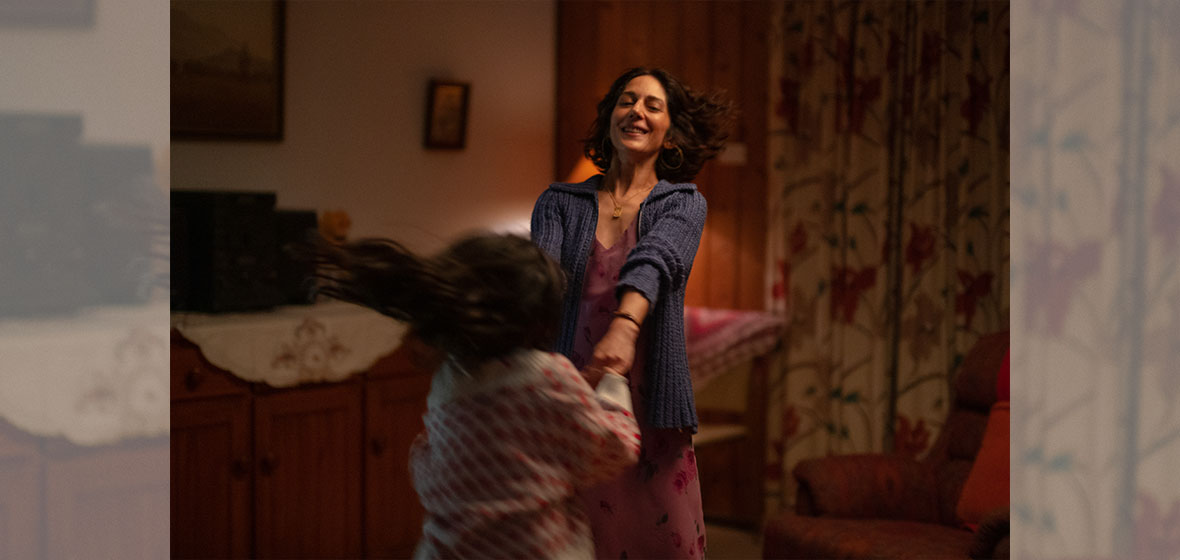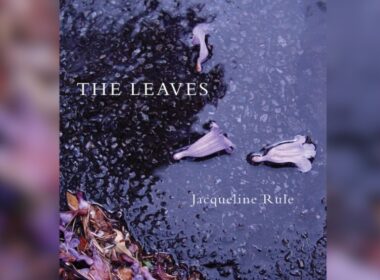It takes a lot to be genuine when tackling heavy subjects. It is why social dramas struggle to find their voice while respecting their subject matter. The moment you let the audience wallow in the misery of your characters, you risk two things: one is the sentimental exploitation of an important topic to get a decontextualised emotional reaction from an audience, and in the process, dilute, and miss the crucial points your theme could be exploited because you were too concerned with making people cry.
Films like this are offensively bad, and many films do this. Thankfully, Noora Niasari’s debut feature, Shayda, is the exact opposite of these films – an earnest and emotional account of the life of immigrants in an Australian women’s shelter. That Niasari pulled off so quickly in her first feature what other directors cannot do with decades in their belt, proves we are facing an exciting young Australian talent.
Based on Niasari’s experience, Shayda is set in the mid-1990s when the title character (played by Zar Amir Ebrahimi) moves to a woman’s shelter with her young daughter Mona (Selina Zahednia) around the time of the Nowruz festivities. Running from an abusive relationship with her husband Hossein (an unrecognisable Osamah Sami), Shayda tries to find stability despite the pressures from her tight-knit conservative community and oppressive microaggressions from Australian society.
It constantly feels like Shayda is between a rock and a hard place. The judicial system forces Mona to spend time with Hossein once a week, even if he can be categorised as violent, and may intend to take her to Iran. The simple task of going to the local Persian shop is a complicated endeavour to avoid being recognised by a small community where everyone knows each other. Shayda feels the brunt of her cultural differences in the house and grows increasingly apart from the other women, except for Joyce (Leah Purcell), the compassionate social worker who runs the shelter.
Though Niasari witnessed all this as a child, she works to make the story about, and from the perspective, of the mother. There is an impending and constant sense of isolation and helplessness. Shayda rarely leaves the house unless it is to keep it in her community. She meets her friend Elly (Rina Mousavi), who introduces her to Farhad (Mojean Aria), the opposite of Hossein, a young Persian-Canadian who feels more part of the diaspora than the homeland.
In turn, Australia feels isolated and out of reach to immigrants struggling with their own displacement: a reality recognisable to many immigrants, particularly women.
The balance between emotional truth and emotional exploitation is never challenged. Niasari understands the subject matter. Now, as an adult, she understands what her mother went through. She understands and sympathises with trying to grapple with the cultural details that make oneself, while seeing those same things be a demise. There is a particularly heartbreaking moment when Shayda talks to her mother on the phone and deals with the cultural repercussions her separation brings to her family.
Ebrahami plays Shayda with tremendous strength – probably this year’s best performance in an Australian film. She’s a mother, reeling from an abusive relationship, trying to protect her daughter while giving her some pieces of happiness, either with her favourite treats or by dancing to Persian songs together. At the same time, her fragility is evident and disarming. At a particular moment, she notices her translator recognises her from a detail in their conversation over the phone. In another, she’s unable to relax on a night out, haunted by images of Hossein in the middle of a crowd.
The trick for all this work is that Niasari treats the ongoing trauma of Shayda not as a plot point to be indulged by misery-seekers but as a deeply personal issue that remains inside a person for too long. You either are consumed by it, or find a way and support, to control it.
Shayda is a measured film that still instils hope where none could be seen. Ebrahami supports with a fantastic performance, and I would also highlight Sami, as far removed from his role in Ali’s Wedding, who manages to show both charm and threatening qualities quite effortlessly. We could be nit-picking the details, but to what end? If cinema is truth, then Shayda is the best example of it. It is not particularly profound, but few films this year are this sincere.
Verdict: 4 out of 5
For everyone eager for a good solid drama that doesn’t try to force your heartstrings but plays with care and sensibility.




